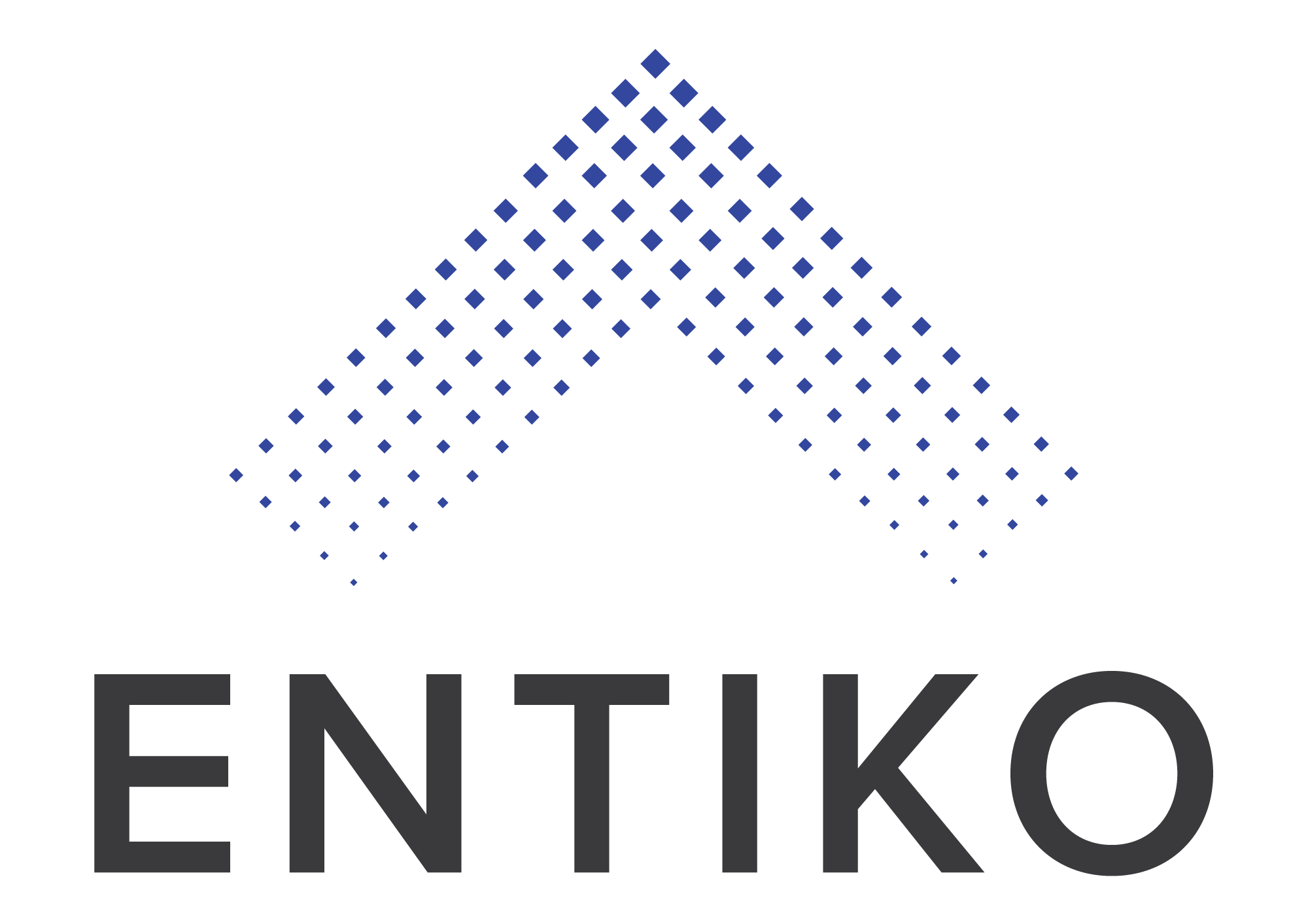The Internet of Things (IoT) is transforming our living spaces into ecosystems of interconnected devices, making smart homes not just a concept but a reality for many. This revolution is driven by the desire for greater convenience, security, and energy efficiency, directly impacting how we interact with our homes. IoT devices, from smart thermostats to intelligent lighting systems, are at the center of this transformation, offering unprecedented control over home environments.
One of the most significant benefits of smart homes is the ability to automate daily tasks. Imagine your home heating system adjusting itself based on the weather outside or your lights turning off automatically when you leave a room. This level of automation not only adds convenience but also contributes to substantial energy savings, reducing utility bills and environmental impact.
Furthermore, IoT devices enhance home security. Smart locks, cameras, and alarm systems can be monitored and controlled remotely, providing homeowners with peace of mind whether they are at home or away. In case of any unusual activity, these devices can send real-time alerts to homeowners, enabling swift action to secure the premises.
Another area where IoT makes a significant impact is in enhancing the quality of life for individuals with disabilities or the elderly. Voice-controlled devices and automated systems can make it easier for them to perform everyday tasks, promoting independence and improving their overall well-being.
As the technology evolves, the possibilities for smart home innovations are endless. From energy management to security and convenience, IoT devices are making our homes smarter and our lives easier.

Smart Energy Management: The Heart of Smart Homes
Energy management is a critical component of smart homes, with IoT devices playing a pivotal role in making homes more energy-efficient. Smart thermostats, for example, learn from your habits and adjust heating and cooling systems accordingly, minimizing energy waste. Similarly, smart lighting systems can be programmed to reflect natural light patterns, reducing electricity usage while enhancing comfort.
These technologies not only contribute to a greener planet by reducing carbon footprints but also offer economic benefits by lowering energy bills. Furthermore, smart energy systems provide homeowners with detailed insights into their energy consumption, empowering them to make informed decisions about their usage patterns.
However, the widespread adoption of smart energy management faces challenges, including interoperability between different devices and concerns over data privacy. Despite these hurdles, the potential of smart energy management to contribute to more sustainable and efficient living environments is undeniable.
Smart homes are revolutionizing the way we live, offering unprecedented control over our environments for greater convenience, security, and efficiency.
The evolution of smart homes, driven by IoT, represents a significant shift towards more sustainable, secure, and convenient living. As technology continues to advance, we can expect even greater innovations, further enhancing the quality of our daily lives. Embracing these changes is key to unlocking the full potential of smart homes, paving the way for a future where our living spaces are not only intelligent but also intuitive to our needs.



